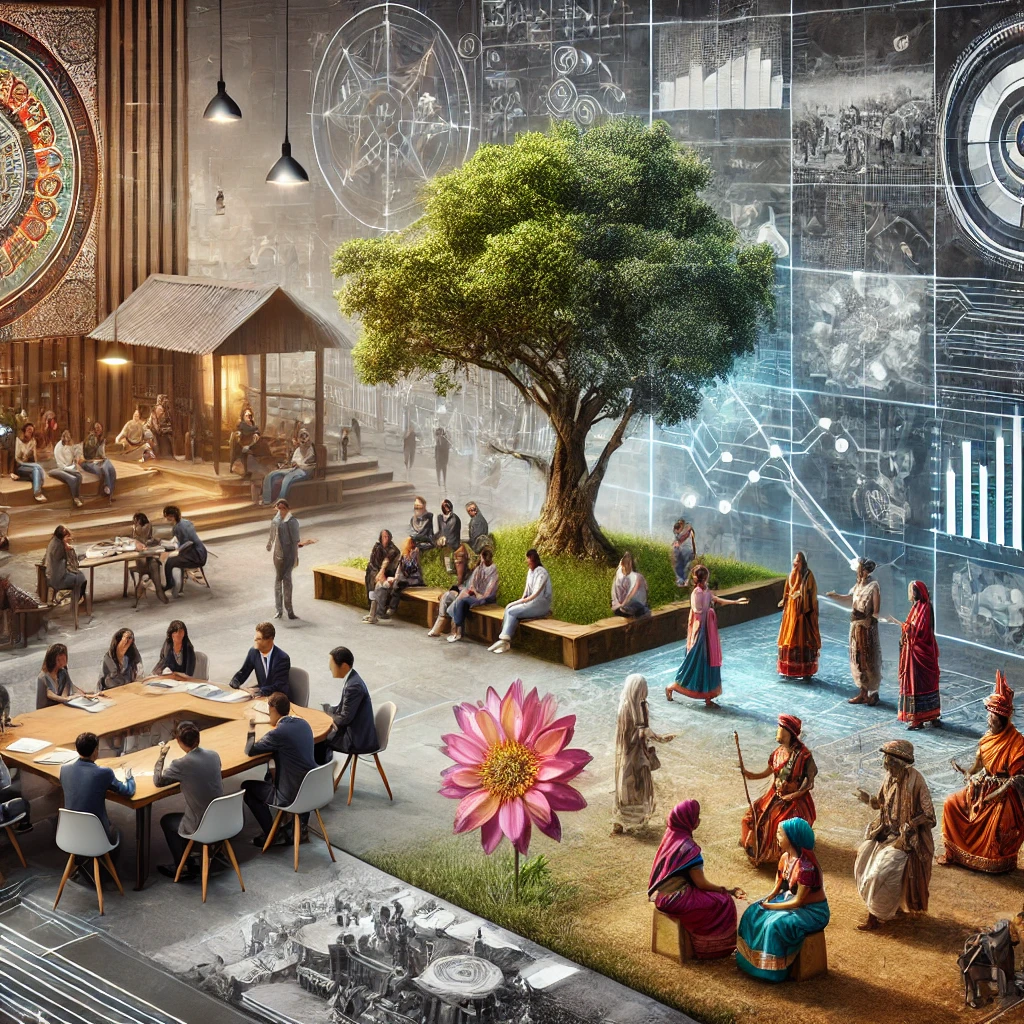Introduction: The Necessity of Diplomacy in a Stormy World
With the era being characterized by global tensions and regional conflicts, diplomacy is one tool that continues to be vital for the creation of stability on a global scale. The peace talks represent the very basis of such initiatives, allowing parties to converse and compromise. International events of late have really put a premium on negotiation strategies because nations face a series of intricate issues that compromise security and prosperity.
Historical Perspective: Peace Talks
Peace negotiations have been significant throughout history, in the development of international relations. In 1648, when the Thirty Years’ War was brought to a close with the Treaty of Westphalia, modern diplomacy began. As for centuries passed, agreements like the Camp David Accords and the Good Friday Agreement proved to be the turning points, in which words of dialogue could dissolve apparently impossible conflict.
While these milestones are extremely informative lessons, they also demonstrate the fragility of peace. For example, the failure of the League of Nations is telling because of its shortcomings in terms of less enforcement and global cooperation. These historical facts develop as a base that explains the modern dynamics of peace efforts.
Modern Achievements in Global Peace Talks
Over the past decade, there have been significant advances in the settlement of conflicts through diplomacy. For example, the Abraham Accords between Israel and a number of Arab nations normalized relations and demonstrated the effectiveness of multilateral dialogue. Similar efforts at peace mediation in Ethiopia’s Tigray region have shown promise as ceasefire agreements pave the way for reconciliation.
New negotiation strategies, including shuttle diplomacy and backchannel communications, have improved the effectiveness of peace negotiations. Along with inclusivity, these are changing the nature of international relations.
Challenges to Diplomacy
Peace negotiations are not without their challenges. Geopolitical rivalries frequently complicate efforts, as the strategic interests of major powers are often prioritized over collective stability. Cultural and ideological differences also make consensus difficult to reach.
The asymmetry of power between negotiating parties can also lead to a lack of trust and fairness. The solution to these problems calls for impartiality and the willingness to sacrifice short-term gains for long-term peace.
The Role of Multilateral Organizations in Peacebuilding
The key facilitator and maintainer of peace talks is a multilateral organization. The United Nations, in terms of peacekeeping missions and mediation, creates an impartial atmosphere where dialogues are fostered. Regional alliances such as the African Union and the European Union contribute local know-how and input, so peace initiatives have the right contexts.
These organizations also help enforce agreements, offering mechanisms for accountability and support. Their involvement underscores the importance of collaborative efforts in achieving sustainable peace.
Innovative Approaches to Conflict Resolution
Innovation is transforming the field of conflict resolution. Technology, for instance, enables real-time communication and data-driven decision-making, bridging gaps between parties separated by geography or mistrust. Virtual platforms and secure channels facilitate dialogue, even in challenging circumstances.
Grassroot efforts are also increasingly being acknowledged for their peacebuilding efforts. Community initiative builds trust, cultural values, and inclusion, trying to eradicate the cause of conflict, reconciliation, and peace at the grassroots level. These grassroots efforts complement traditional diplomacy and thus bring about a holistic approach to peace.
Conclusion: A Vision for Sustainable Peace
It indicates that peace negotiations are always progressing because mankind’s greatest aspiration for coexistence has never faded away. As conflict continues to take a different turn, so should its resolution techniques. Contemporary diplomacy needs flexibility, innovation, and the will to include everyone.
With joint action and realization that problems need to be dealt with as one, sustainable peace can be obtained. Collaboration in the name of lessons from history would help the international community face modern geopolitics’s complexities, ensuring a harmonious and understanding future.

